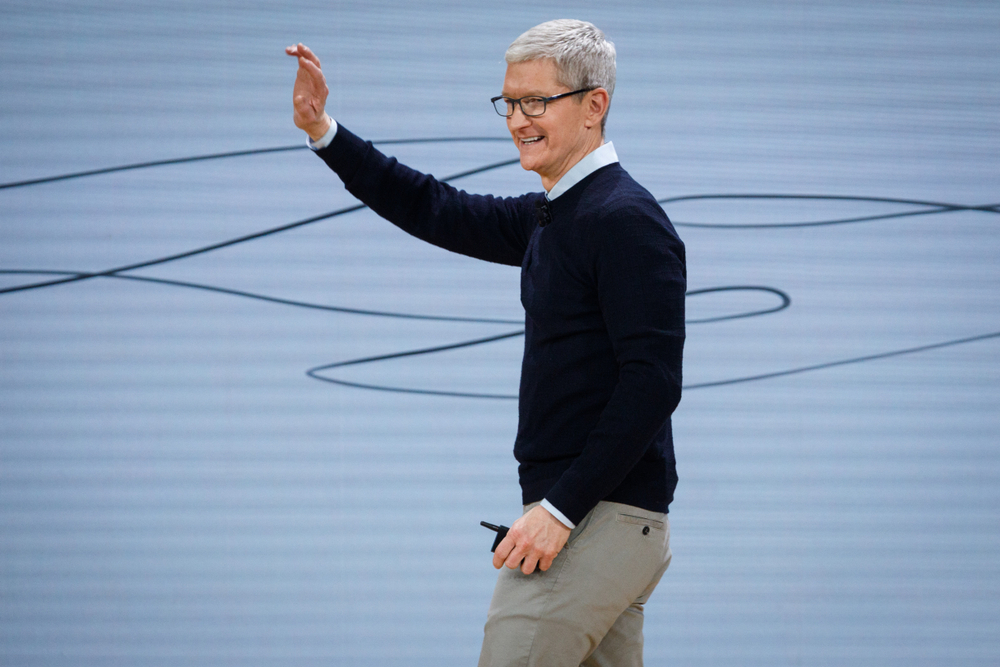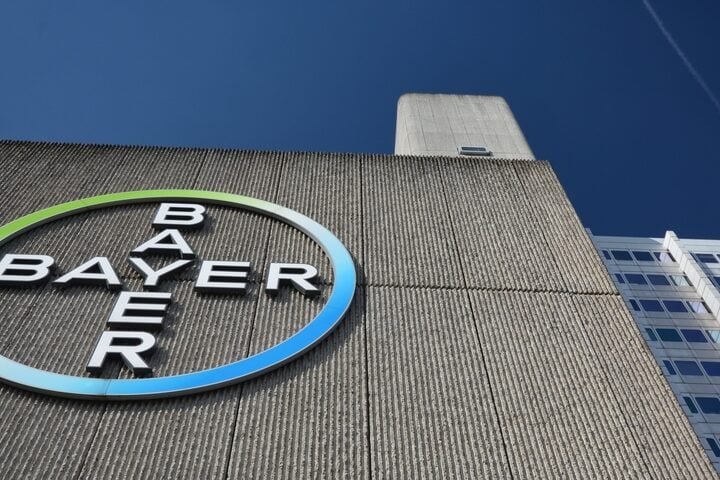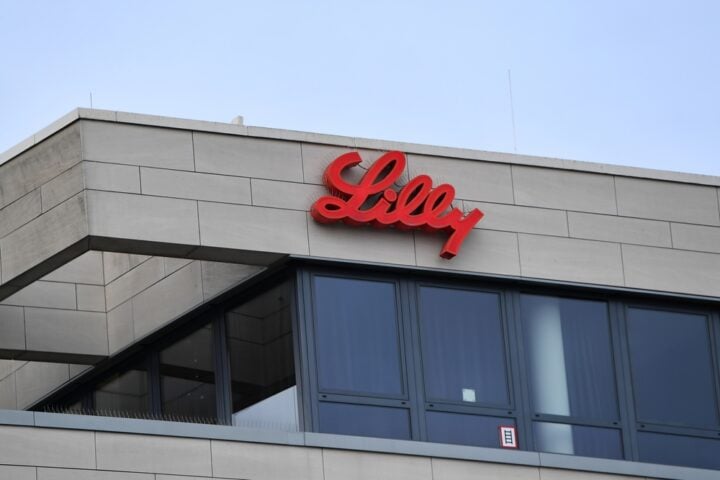Apple Responds Positively to U.S.-China Tariff Pause
On Monday, President Donald Trump revealed that he had spoken with Apple CEO Tim Cook following the announcement that the U.S. and China had agreed to pause most tariffs for 90 days. Wall Street and Apple investors responded positively, with Apple stock surging by 6%, outperforming the Nasdaq, which rose by 4%.
Apple’s $500 Billion Investment Plan
During a meeting in the Oval Office, Trump mentioned that Cook was set to “even up his numbers” regarding Apple’s planned investments, including the creation of new manufacturing plants in the U.S. Apple had previously committed in February to spend $500 billion to expand its U.S. operations, which includes assembling artificial intelligence servers in Houston.
Trade War Truce Seen as Positive for Apple
The pause in the trade war is expected to benefit Apple, as the company relies heavily on Chinese production for many of its devices. However, despite receiving some tariff exemptions in April for critical products like smartphones and computers, Apple still faces significant tariffs. Even after the trade agreement, Chinese imports remain subject to a 30% tariff, and Apple continues to grapple with 10% tariffs on products sourced from secondary production locations, such as India and Vietnam.
Challenges in Bringing Manufacturing Back to the U.S.
Although Trump has repeatedly encouraged Apple to bring its production back to the U.S., experts believe that such a move would be costly and unlikely. During a recent earnings call, Tim Cook stated that while Apple is already sourcing American-bound products from locations in Vietnam and India, he refrained from making predictions beyond June due to the uncertainty surrounding the situation.
Looking Forward: The Impact of Tariffs on Apple’s Strategy
Despite the recent tariff relief, it remains unclear how much of an immediate impact Monday’s announcement will have on Apple’s operations. The company continues to navigate the complexities of global supply chains while striving to meet the challenges of an ever-changing trade environment. Apple’s commitment to U.S. manufacturing, though ambitious, faces significant hurdles, especially with the looming costs of reshoring production to the U.S.







